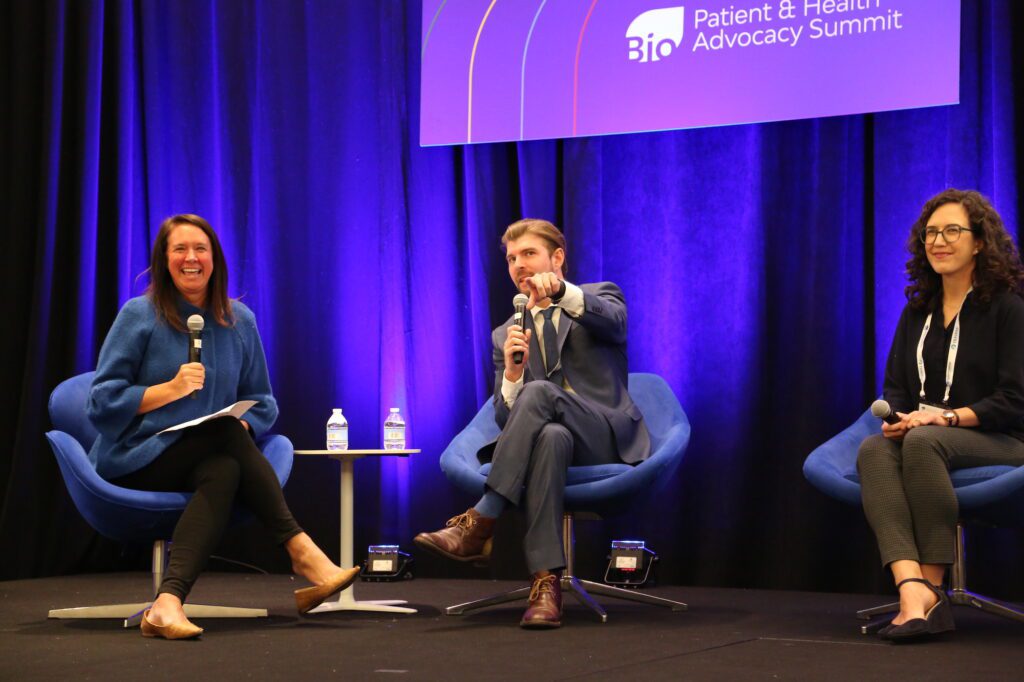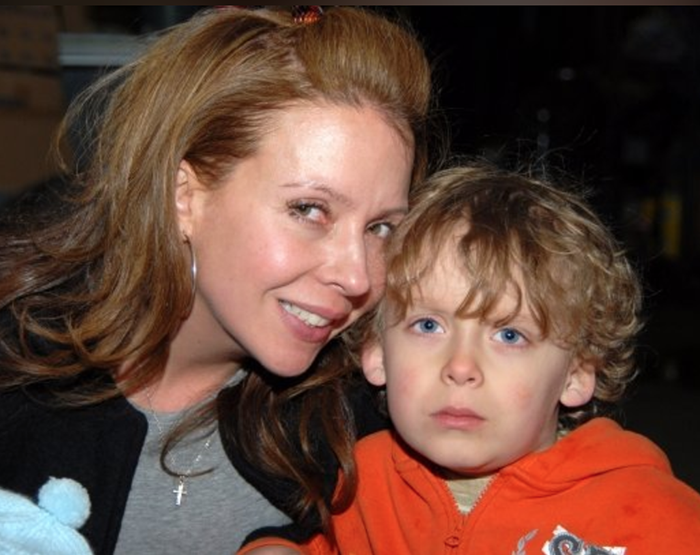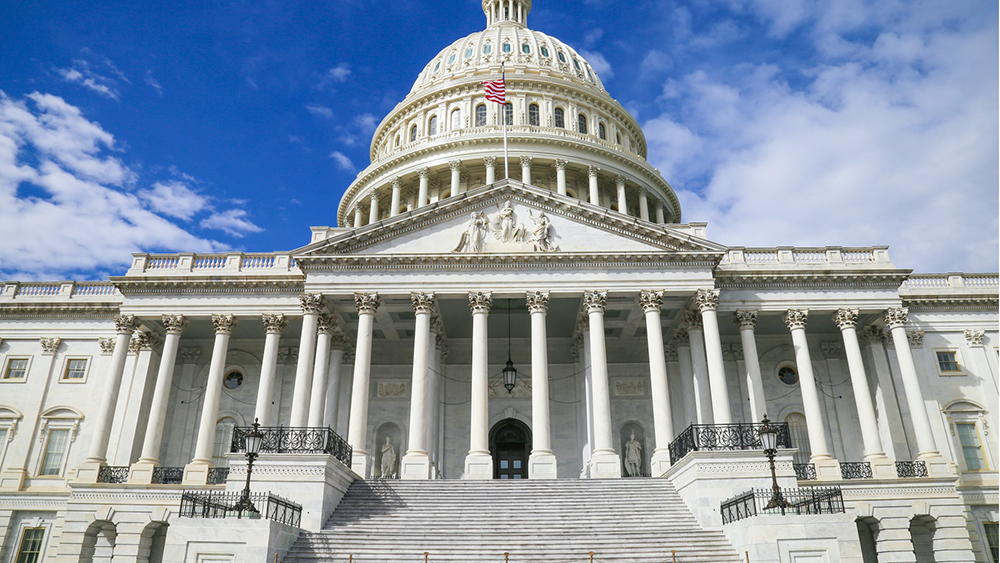What did we learn on Day 1 of the Biotechnology Innovation Organization (BIO) Patient and Health Advocacy Summit in Washington, D.C.? It’s all about patient-centric leadership.
1. Patient stories are vital to drug R&D.
“Patient stories, in terms of the patient journey, help drug developers really understand what is important to patients, and therefore what kind of things we should be evaluating in clinical trials,” said BIO’s interim CEO Rachel King.
“Talking about science in the abstract does not tell our story,” she said. “What tells our story is when we can talk about the specific benefits of what scientific innovation has achieved and that means sharing the stories about our patients.”
We got to speak with Emma Andelson of Sick Cells at the start of the day to learn more about what she was looking forward to at the summit:
[embedyt] https://www.youtube.com/watch?v=Oy36SsFPoLs[/embedyt]
2. Build trust.
Consensus is needed for coalitions to be successful, speakers agreed during a panel on best practices for coalitions.
“If your voice is cohesive, if you do have a consensus position on something, that’s just going to be more effective on the Hill,” said Michele Guadalupe, Associate Director of Advocacy and Access for the National Eczema Association.
But to build consensus, you need to build trust, said Quardricos Driskell, Vice President of Policy and Government Affairs for the Autoimmune Association, who explained how he reaches out to every coalition stakeholder to solicit ideas.
“It’s also understanding past history and it’s getting people on board excited and empowered,” he noted.
3. Success on the Hill is about relationships.
With the midterm elections coming up and a new Congress on the horizon, congressional advocacy is top of mind—but what should advocacy and fly-ins look like in 2023 and beyond? Two panels explored this topic, and we spoke to a few of the experts one-on-one to get their insights on best practices.
A few tips from the advocacy experts:
- build relationships
- make advocacy meetings accessible
- plan the structure and format of your meetings
- tell patients’ stories.
So, what was it like to be there? You don’t have to take our word for it—we caught up with Holly Bode of the American Kidney Fund to find out more:
[embedyt] https://www.youtube.com/watch?v=c5xMMlIW2xU[/embedyt]




